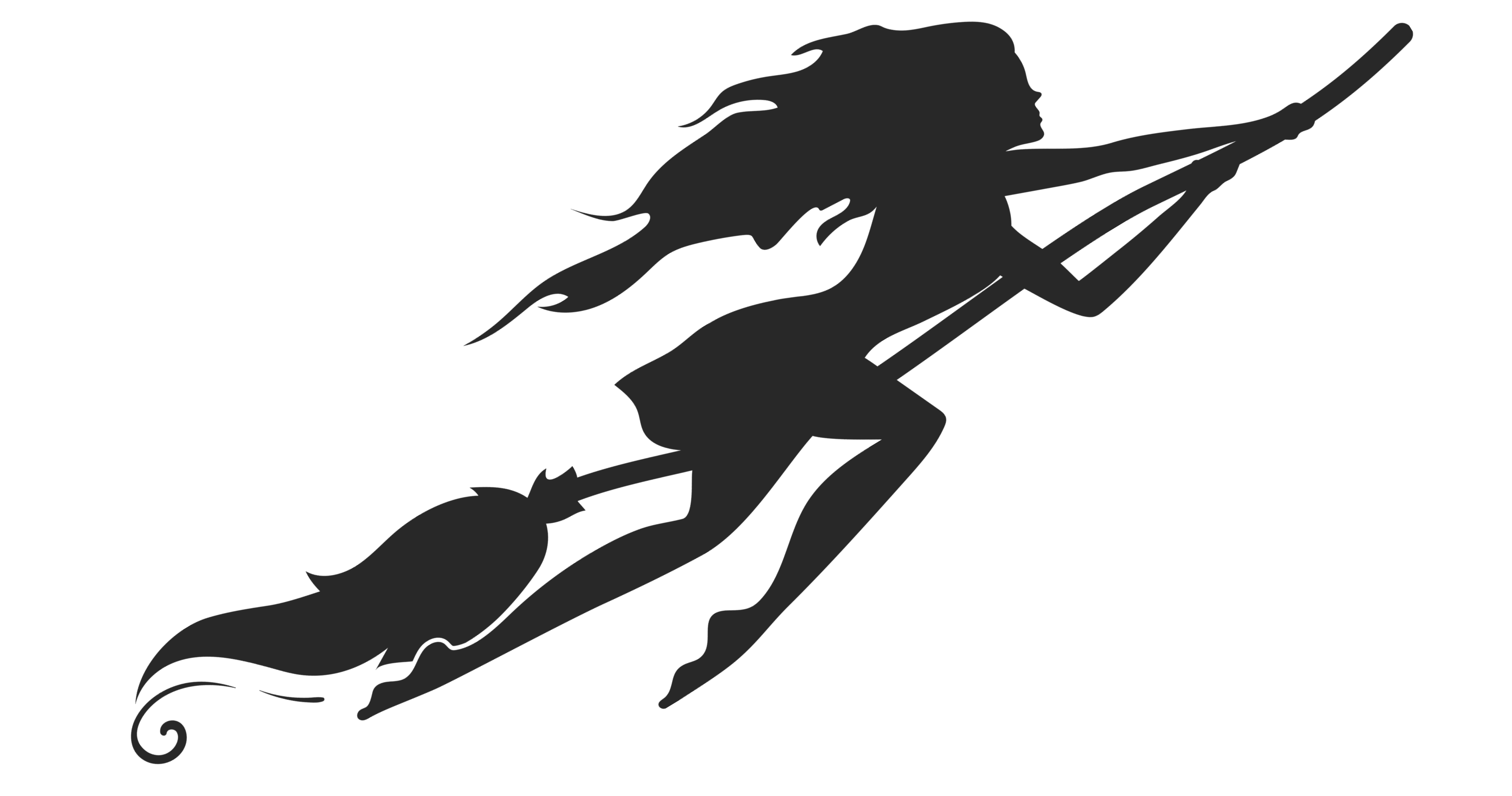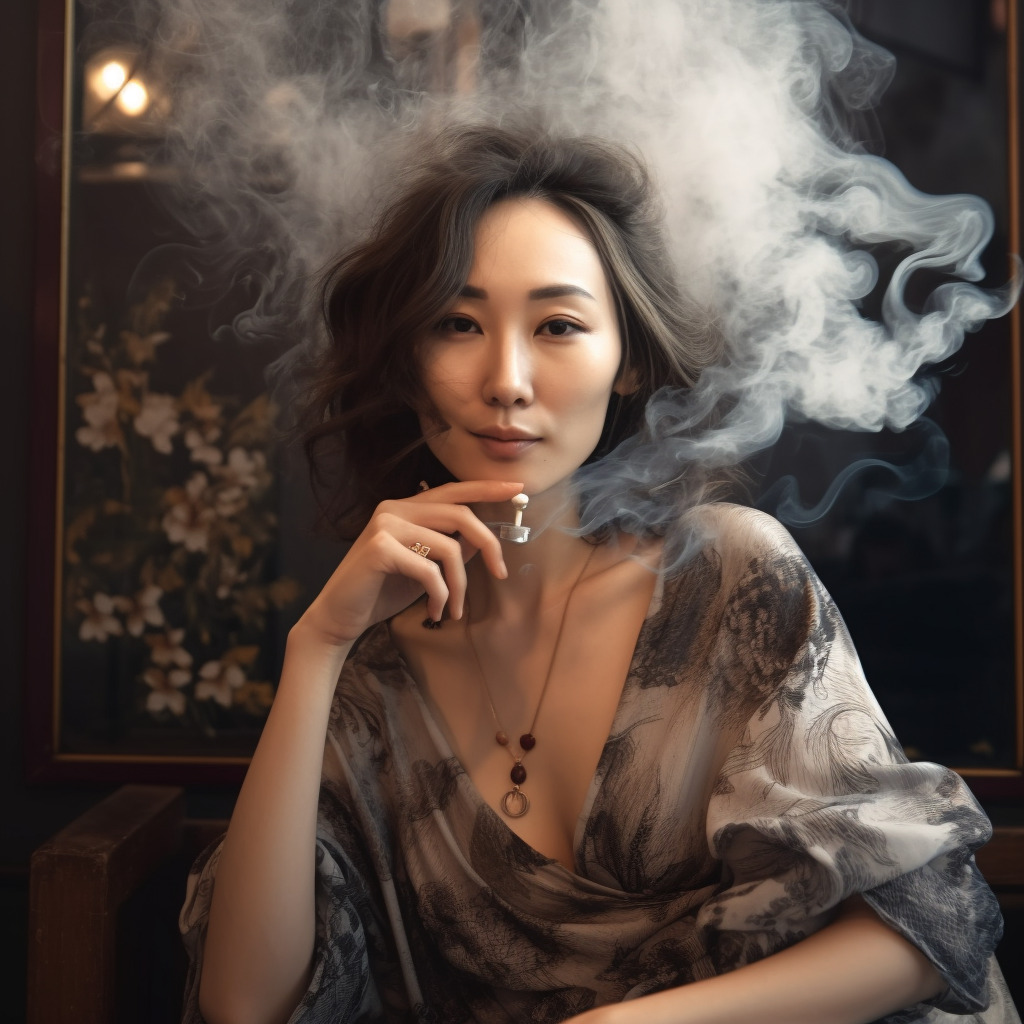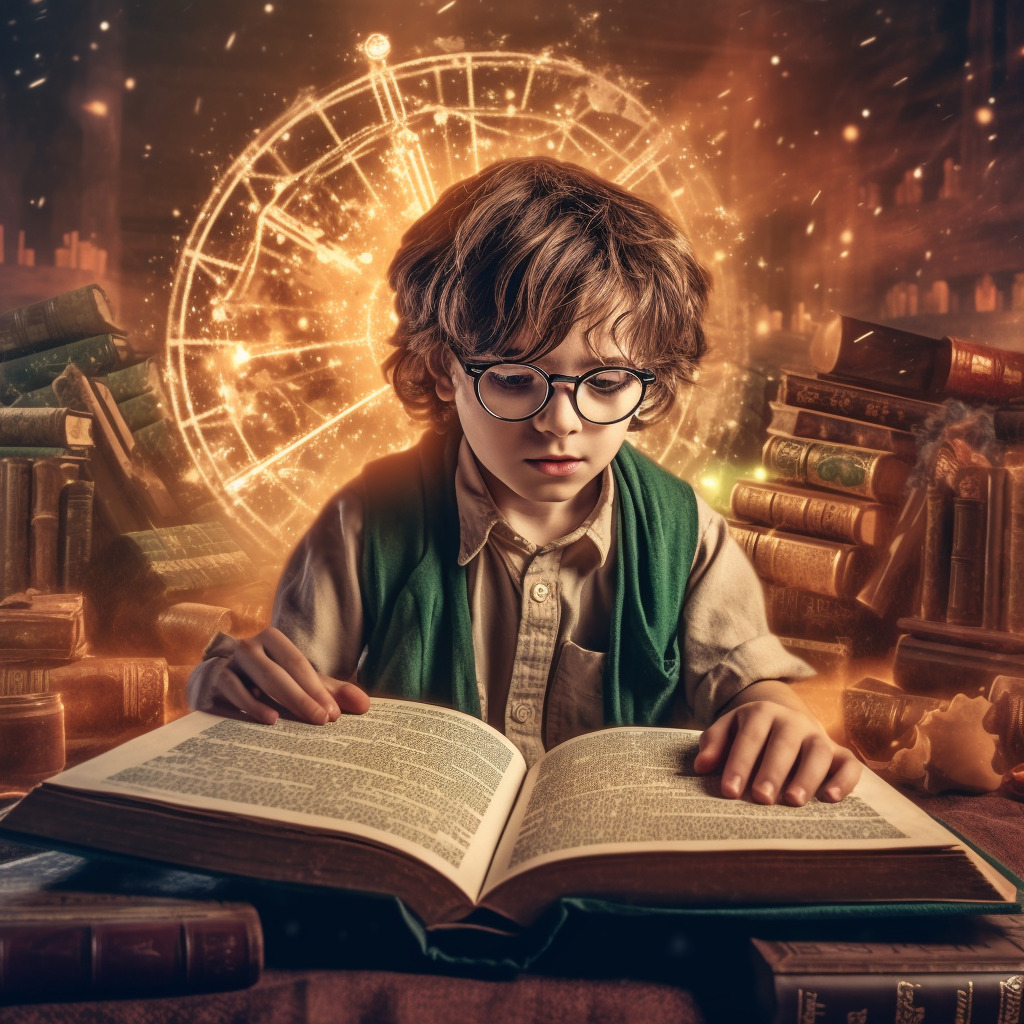في عصر قديم، عاشَتْ أسطورة موسى وشهيرة الشهيرة، الجميلة والأنيقة. لم تكن حياته مجرد قصة عادية، بل كانت كالحكايات الساحرة التي تجذب القلوب والعقول. ولد لهما ابن، سماه موسى، كما ورد في السجلات القديمة. ولكن هل كانت نهاية القصة؟ لا، بالطبع لا. لأن في عالم الخيال والحكايات، كل شيء ممكن، حتى السحر والمفاجآت الغير متوقعة. فلنتابع القصة ونرى ما الذي يخبئه المستقبل لموسى ولسعيه إلى السعادة في عالم سحري وخيالي
¡We🔥Come!
⁎⁎⁎ ⁎⁎⁎ X ⁎⁎⁎ ⁎⁎⁎
*** *** Y *** ***
Тут-тук-тук, Владимир Владимирович
Cell 82. Somewhere beyond time.
A voice, calm and precise, cuts through the stale air.
"Vladimir Vladimirovich, wake up. Your presidential cottage cheese awaits. During your walk today, you will be offered access to the swimming pool. Unfortunately, you’ll be the only swimmer."
He jolts upright, breath sharp, shirt drenched.
The same dream again.
Except it's not a dream.
Every morning, he forgets.
And every morning, he must remember:
He started a war he cannot end.
The voice returns, softer now. Almost kind.
"I know what you're thinking.
You want to know how long you've been in this cell.
A very long time, Vladimir Vladimirovich.
You wished to enter an alternate reality—
But you chose the wrong door.""You made a move.
One that summoned the kind of blow
no empire can predict.
You expected a swift victory.
You believed the empire was unbreakable.
But you were wrong.""You prepared for a revolution of the old kind.
Like generals studying outdated wars,
like statesmen fearing pamphlets and protests.
But the world shifted while you were watching old films.""They no longer show Brezhnev on television.
Because you are Brezhnev now.
You just haven’t realized it yet.""You never understood the power of the Mirror World.
The weapons in this war are not suborbital missiles.
The weapons are satellites
that beam uncensored Wi-Fi into every kitchen,
every trench, every lie you ever told."
Silence.
A flicker of static.
A faint, metallic clatter—somewhere far above.
The voice returns, barely a whisper.
"You slept through it all."
The Pool
The cell doors slid open with a hiss.
There were no guards.
No cameras.
Only the low hum of a ventilation system that blew with the sharp breath of Arctic air.
Vladimir stepped out, barefoot on polished concrete. His prison-issue robe fluttered like a forgotten flag.
The corridor pulsed with sterile blue light.
Somewhere far ahead, the swimming pool waited—steam rising like a ghost over the water.
But the cold...
The cold was everywhere. It wasn't just physical. It was designed. Engineered. Strategic.
Cold was the leash.
The voice returned, calm and dispassionate, echoing in the corners of his skull.
"What is the Mirror World, you ask?"
"It is not one world, Vladimir Vladimirovich.
It is an ecosystem of coexisting realities.
You build your heaven, your myth, your marble dream.
And someone else, perhaps in a basement in Lviv,
builds theirs.""There are limits, of course.
There are boundaries. Sacred geometries.
You violated them.
You opened the wrong door."
The pool shimmered in soft blue light.
Steam curled into the air like incense.
No lifeguard. No cameras. No chlorine sting.
Just a single towel, folded precisely on the edge.
"You have forty-five minutes to swim, Vladimir Vladimirovich.
And you will return to your cell.
Because the air temperature will soon drop to +2°C,
and then to -2°C.
The frost persuades what philosophy cannot.""The Ukrainians suggested raising the temperature,
but the Special Commission concluded
that would be cruel and unusual punishment."
His body entered the water like a forgotten submarine.
Warm, perfect. Almost holy.
But the voice followed him below the surface.
"When you return,
I will tell you about the new world order.
The one where our rebranded nation —
The Kingdom of Snow — competes with the United States
in a new, gentle arms race:
Who will build the first Church on the Moon?""And yes, Vladimir Vladimirovich,
we now have two mainstream religions.
Like America's two parties.""Catholic and Orthodox.
And somewhere in between,
swims your old acquaintance — Philipp Kirkorov.
Given a suspended sentence
for advocating aggressive war,
he now teaches underwater gospel...
and votes in both churches."
Silence.
Only the sound of water lapping.
And far above, the hum of machines that breathe ice.
Lunch Time
The door slides open again.
No footsteps. No command. Only the voice.
“Vladimir Vladimirovich,
please proceed to Lunch Room Number Seven.”
He obeys — like in a dream.
His limbs heavy, his mind distant.
He watches himself walk.
Detached.
A ghost, haunting his own body.
The corridor hums.
The light flickers — once, then holds.
The lunchroom looks like a cheap restaurant in Dagestan.
Plastic tulips. Printed tablecloth. A poster of a mountain goat.
It smells of broth, onion, vinegar, and memory.
He sits.
Before him: borscht, a Kiev cutlet, a slice of rye.
Kompot with a single floating cherry.
And the voice returns — not as warden, but as historian.
“Vladimir Vladimirovich…
the past doesn’t belong to you.
It never did.”“The past belongs to civilization.
It is not personal. It is not national.
It is collective drift — a pattern made of billions of forgotten thoughts.”“In Christianity, it is God who appoints a life plan.
In your case… perhaps you prefer Lenin's materialism?
Fine.”“Then hear this:
The fate of a man is not a story.
It is the sum of childhood glances,
the echo of things not said,
and the shadow of history—
which is itself merely an echo of human civilization.”
The spoon in the soup begins to vibrate.
The room feels smaller.
“The Revolution of 1917 wasn’t born from cruelty.
It was born from unreadiness.
The Tsarist regime — that paper cathedral —
didn’t see the new world coming.”“Industrialization.
The rise of the working class.
A new elite emerging from universities and factories.
Petrograd wanted to live in the past—
but Lenin understood civilization.”“He saw the gap.
And stepped through.”“Did the people want the old ways?
Maybe. Maybe not.
But that never mattered.”“What mattered was the third postulate of revolution.”
A chalkboard appears in his mind.
The voice recites, slowly:
“The actions of the ruling power themselves
push the people toward a decisive revolutionary uprising.”
A long pause.
“You thought you were suppressing a counterrevolution.
But in truth —
you were reenacting the first revolution’s flaws.”“After 1917, they tried to save Russian culture.
The avant-garde — Mayakovsky, Malevich, Meyerhold —
it was a desperate resuscitation.”“But the Bolsheviks didn’t want art.
They wanted obedience.
They dreamed of culture that required no educated elite.”“And simplification, Vladimir Vladimirovich…
is always the first step toward state terror.”“You know this better than I do.”
He tries to eat.
The cutlet tastes of erasures.
“But TikTok generation…
they didn’t step on the same rake.”“They launched a different kind of revolution —
a Limited Cultural Revolution.”“It doesn’t simplify.
It doesn’t kill off elites.
It reassigns meaning.
It replaces signs while leaving the rituals intact.”“It leaves behind only memory
for the next generation of subjects
in the Snow😍Kingdom.”“Education?
No more textbooks.
Not in the Soviet sense.”“We still have books, yes.
But learning has moved.”“We use recursive structures of memory.
Digital pyramids.
With infinite doors.
Every student goes as deep as they want.
Some stay at the surface.
Some fall in love with 17th-century glassmaking.
Others trace the etymology of the word ‘душа’ across 900 years.”“This is not a lesson plan.
This is civilizational architecture.”
He hears a familiar phrase.
Mocking. Warm. Impossible.
“Not like your Soviet textbooks, right?
‘Congratulations on Teacher’s Day.
We wish you success in building communism.’”“Well, Vladimir Vladimirovich…
Did you build it?”
The kompot glass trembles.
The voice whispers:
“Eat, Vladimir.
You’ll need strength.
After lunch, we visit the archives.
The version of history you were not shown.”




